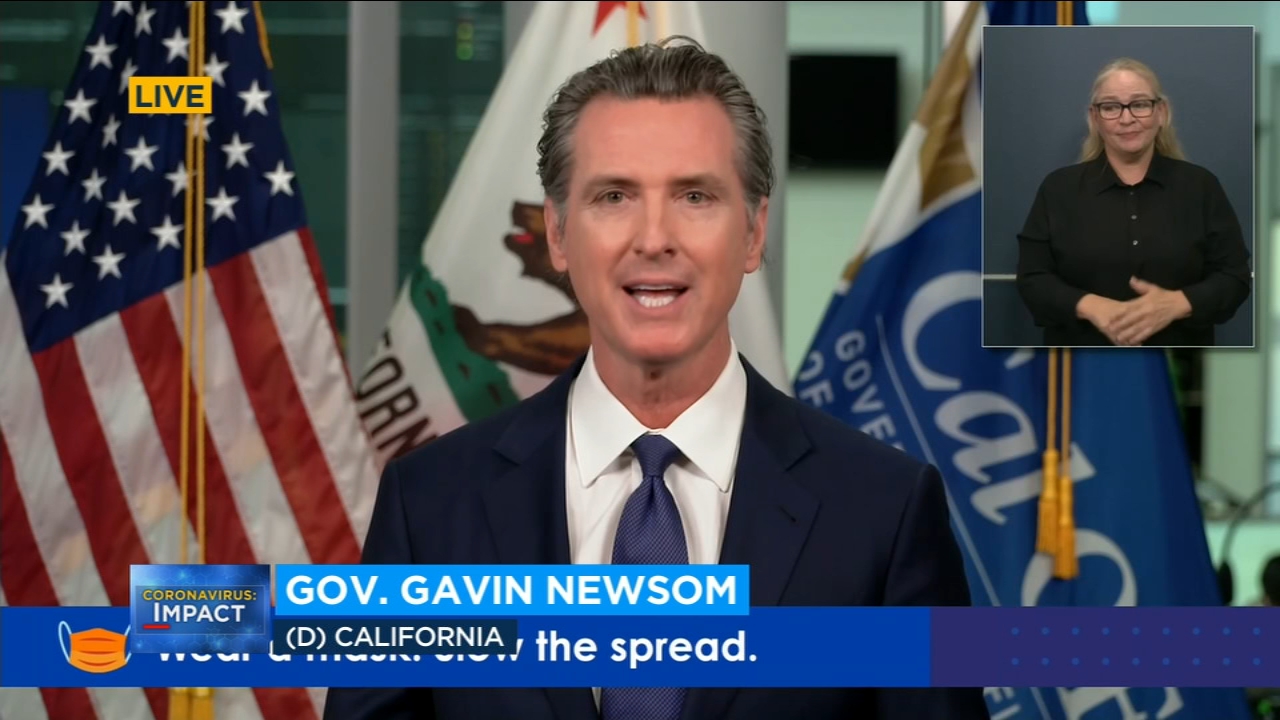COVID-19: New research shows even young, healthy patients may endure long-term health consequences
Doctors at Barlow Respiratory Hospital say even those with mild disease can have lingering symptoms.

New research reveals that many COVID-19 patients have symptoms that can linger for weeks, even months.
And those "Long Haulers" as they're called range from younger people who were never hospitalized to older people with much more severe cases.
After being in a coma for nearly six weeks, 66-year-old Anthony Lavergne of Gardena hardly recognized himself. He had lost 30 pounds.
"I said 'man I look like Rip Van Winkle' when he woke up with a beard and everything," he said.
Before the coronavirus hit him in late March, Lavergne and his wife were world travelers. He reached 25 years of employment at his air freight company.
Lavergne wants to get back to work, but he still has shortness of breath, trouble walking and nerve damage in his right hand.
"There's exercises I can do," he said, "I can move my little finger, but I can't make a fist."
Dr. David Nelson is the medical director at Barlow Respiratory Hospital. He said, "The disease sort of takes on a life of its own."
Lavergne and many like him, have become what some call "Long Haulers."
Doctors at Barlow Respiratory Hospital say even those with mild disease can have lingering symptoms.
Pulmonologist and respiratory director at Barlow, Dr. Tomas Dolinay said, "Later, after a recovery period of time, there is a second wave of the disease with the same initial problems and then the patient will be ill again."
CDC and Vanderbilt University researchers followed up with nearly 300 COVID-19 patients. They found 35% of them had not returned to their usual state of health three weeks after testing. This included one in five young health adults.
Nelson said, "In the case of less critically-ill patients who maybe don't even need hospitalization, they just feel so lousy for a relatively long time that they have become deconditioned."
Nelson said while 80 percent of coronavirus patients don't become seriously ill, he has seen some can have long term consequences. His message: do what you can to avoid infection.
"If you allow yourself to become sick," he said, "There really aren't a lot of tools that we've got to fix you up."
"It's a miracle I'm alive," said Lavergne.
Although he has many months of therapy ahead of him, he hopes his story will convince others to do what they can.
"Wear that mask," Lavergne said. "We all have a given right, but we don't need to be stupid."
Gov. Gavin Newsom announces new protections for essential workers






